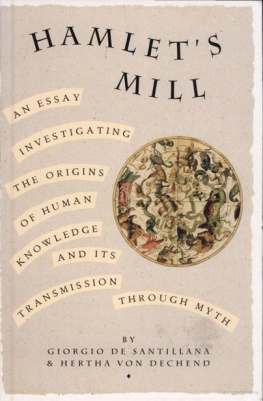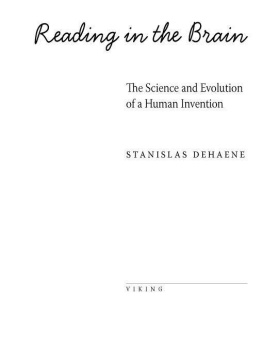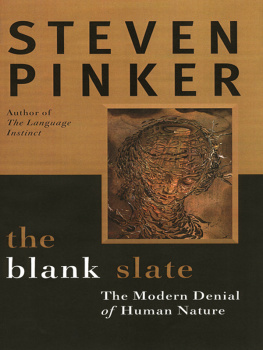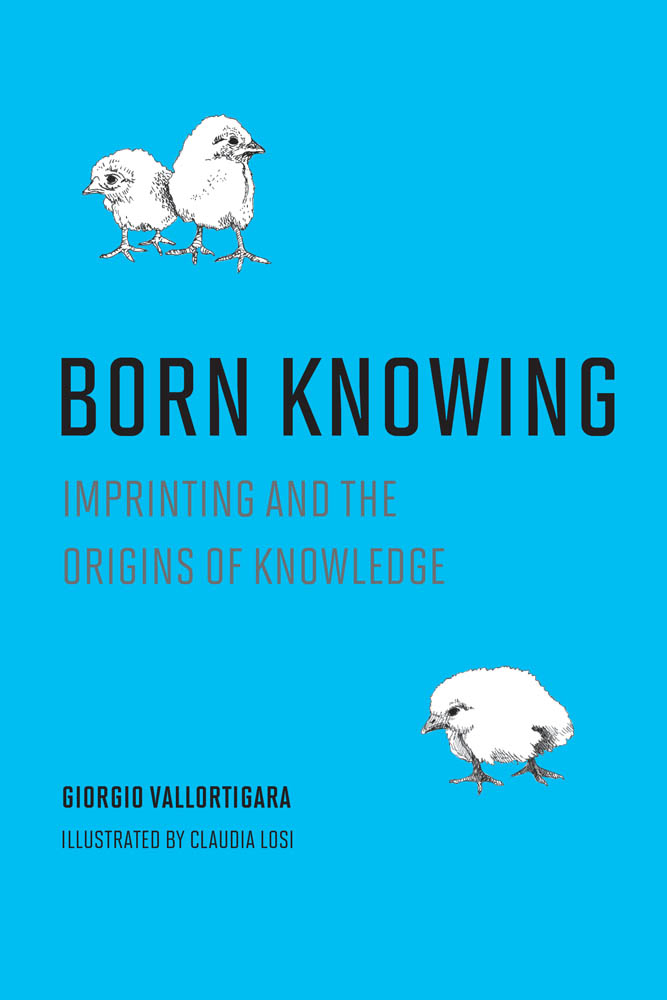All rights reserved. No part of this book may be reproduced in any form by any electronic or mechanical means (including photocopying, recording, or information storage and retrieval) without permission in writing from the publisher.
The MIT Press would like to thank the anonymous peer reviewers who provided comments on drafts of this book. The generous work of academic experts is essential for establishing the authority and quality of our publications. We acknowledge with gratitude the contributions of these otherwise uncredited readers.
Names: Vallortigara, Giorgio, author.
Title: Born knowing : imprinting and the origins of knowledge / Giorgio Vallortigara ; illustrated by Claudia Losi.
Description: Cambridge : The MIT Press, 2021. | Includes bibliographical references and index.
Subjects: LCSH: Instinct. | Animal intelligence.
Preface
As a young man, when the moment arrived to decide which studies to pursue at university, I was, as it happens at that age in life, quite confused. I wanted to be, at the same time, an ethologist, a mathematical logician, an anthropologist, a psychotherapist, and a spy (yes, a secret agent ). More than confused, it would be better to say that I was greedy, and I didnt want to give up anything because everything seemed so incredibly interesting.
The unifying theme about these different activities was that they all seemed to me quite plausible keys to the mind, and especially to the enigma of the origin of human knowledge. In the end, it was a book that decided the path (in my country we are used to saying, quoting Dante from Inferno, Canto 5, Galeotto fu il libroapproximately guilty was the bookand the context may not be so inappropriate, for it is precisely the birth of a love that I am talking about). The book was Behind the Mirror by ethologist Konrad Lorenz. It impressed me so much not just for its content (with his idea that philosopher Immanuel Kants a priori should be considered as a phylogenetic a posteriori) but for providing a chemical precipitate and thus a solution for my heterogeneous interestsnamely, that behavioral biology could have offered the proper context and technical methods to investigate the issue of the origin of knowledge.
As a result of this insight, I spent nearly forty years playing around with the brains and behaviors of a variety of creatures, from honeybees to toads, from fish to dogs, from chicks to human newborns. This book in particular is dedicated to the latter couple, which is particularly interesting, I believe, because these are minds at the onset. Actually, I mainly explored baby chicks behavior and cognition and spent hours and hours scrutinizing their brains (which I personally consider an apex of creation): the interest in the brains and cognition of baby humans came mostly as a consequence.
This is not a book reserved for my colleagues, the specialists in behavioral biology or comparative neuroscience (though I hope they could look at it with a good mood and patience). It is mostly a book for the colleagues in the next room (or the next department, depending on how interdisciplinary the faculty you work with happen to be) and for all curious people who, whatever their background and activity, wonder and marvel about the origins of our knowledge of the world, physical and social.
I am indebted to several excellent colleagues who shared their thoughts with me in these years, especially Lesley J. Rogers, Lucia Regolin, Francesca Simion, Toshiya Matsushima, Andrea Moro, and Onur Gntrkn. I am pretty sure they would not subscribe to most of the quite extreme claims I argue for in this book. They are friends in spite of this and because of this. Others colleagues and mentors are unfortunately no longer here but deeply affected my work and need to be thanked as well: Richard J. Andrew, Patrick Bateson, Valentino Braitenberg, and Mario Zanforlin. But the biggest thanks are due to all my young collaborators whose contribution I mention throughout the book and who make me happy every morning when I arrive at the lab. And to my little, yellow, fluffy companions, of course.
Rovereto, Italy
November 2020
1WHAT DO CHICKENS HAVE TO DO WITH SCIENCE?
The chicks of domestic fowls do not have the allure of conventional animal model systems, such as the guinea pigs or mice that we refer to, sorrowfully, as laboratory animals. Moreover, they are not exotic enough to elicit, like the nematode worm Caenorhabditis elegans, which possesses 302 neurons in all, the usual shrug about scientists extravagant predilections.
A short distance from my laboratory, there are colleagues who study a fish of African origin, Nothobranchius furzeri, which has an accelerated life cycle. In its natural environment, this fish lives for a maximum of three to twelve months in the temporary pools of water that form during the rainy season (during the dry season the eggs survive in a state of quiescence). As its brief life progresses, the animal shows all symptoms of aging: it moves less, it develops tumors, and amyloid cell aggregates form in its brain. All these features make it an ideal model for the study of aging processes.
Trafficking in the name of science with mice, nematode worms, or Nothobranchius fish, however bizarre it may seem, looks quite understandable. But as to the chickens, of which we may appreciate the vestiges in the form breast or thigh or as eggs to make an omelet, what imbues them in terms of scientific interest? Well, one of those who has dealt quite a lot with these creatures was my scientific hero.
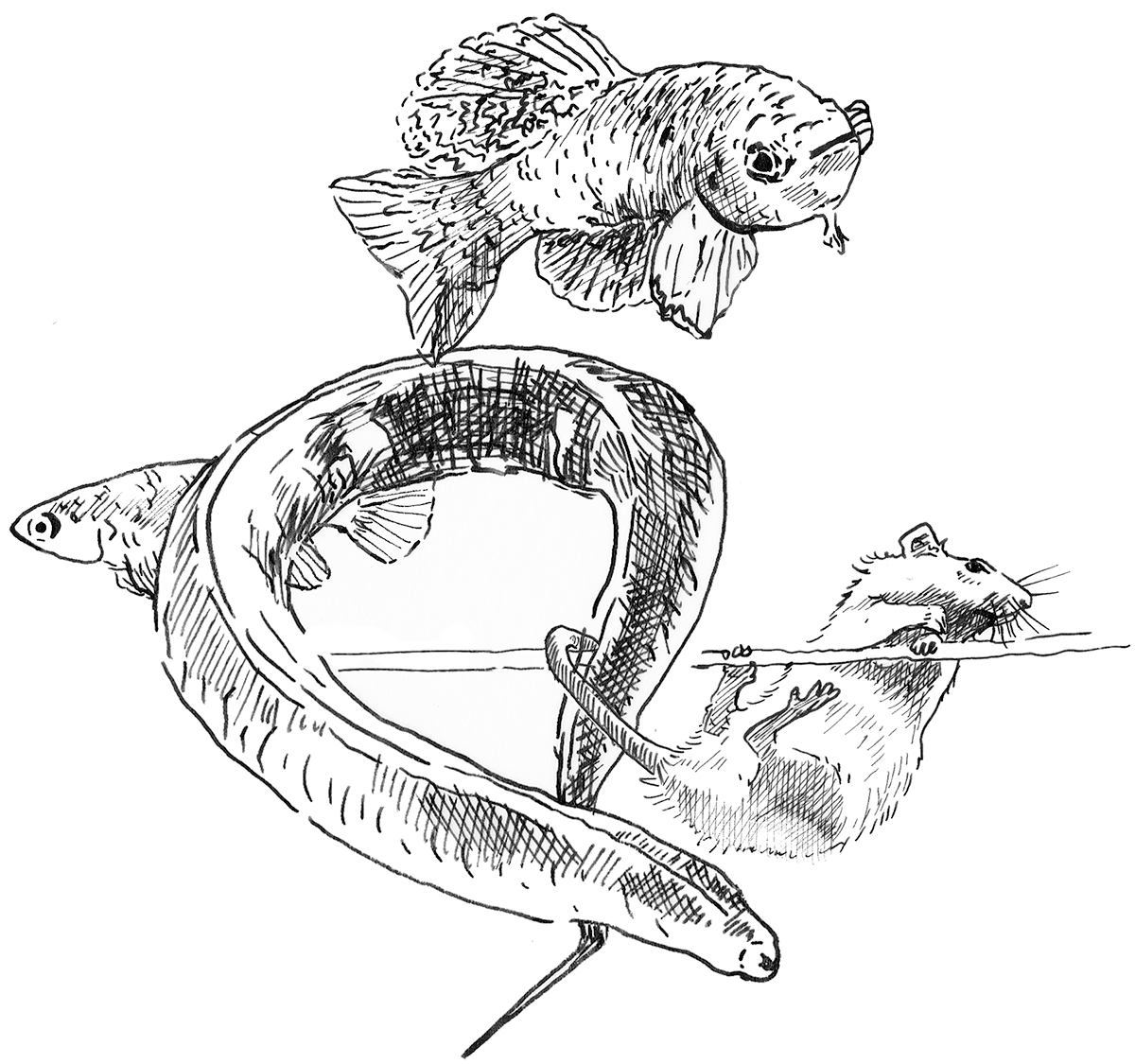
You are thinking of Konrad Lorenz, I suppose, the father of ethology. But as a matter of fact, no. My scientific hero is Douglas Spalding (18411877). Unknown to mostwe do not even have a photograph of himcoming from a family of modest origins, equipped only with passion and intelligence, Spalding was admitted to attend the courses of philosopher Alexander Bain at the University of Aberdeen without having to pay any tuition. However, he remained there only a year and then returned to London, where he had been born. He was supposed to become a barrister, but he contracted tuberculosis and moved to the Continent in search of treatment and a healthier climate.
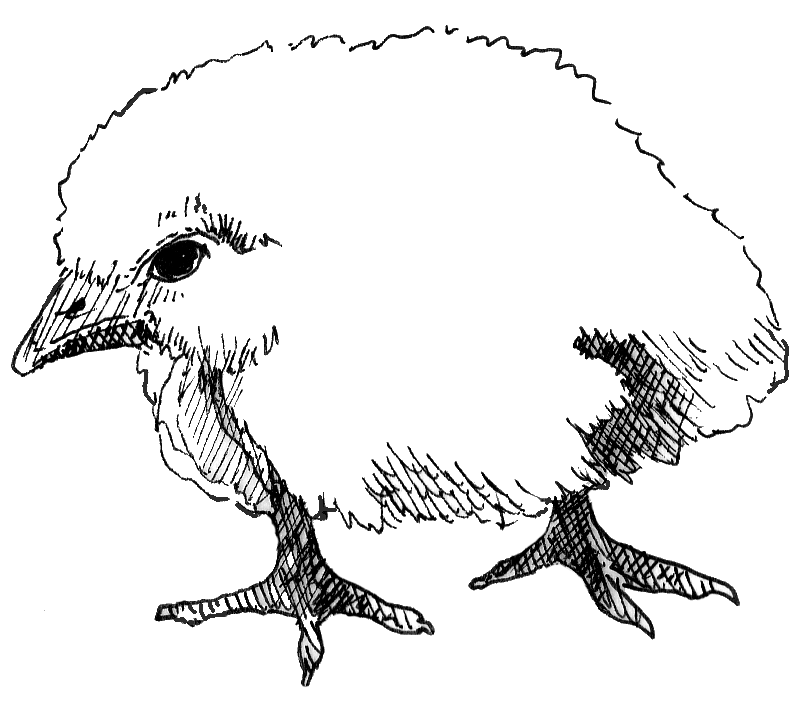
In Avignon, he met John Stuart Mill, who got him a job as tutor to the older son of John Russell, viscount of Amberley, and his wife, Katharine Louisa Stanley, which allowed Spalding to return home to Great Britain. The couples younger son was destined for celebrity, being none other than Bertrand Russell, who in his autobiography would refer to Spalding with these words:



